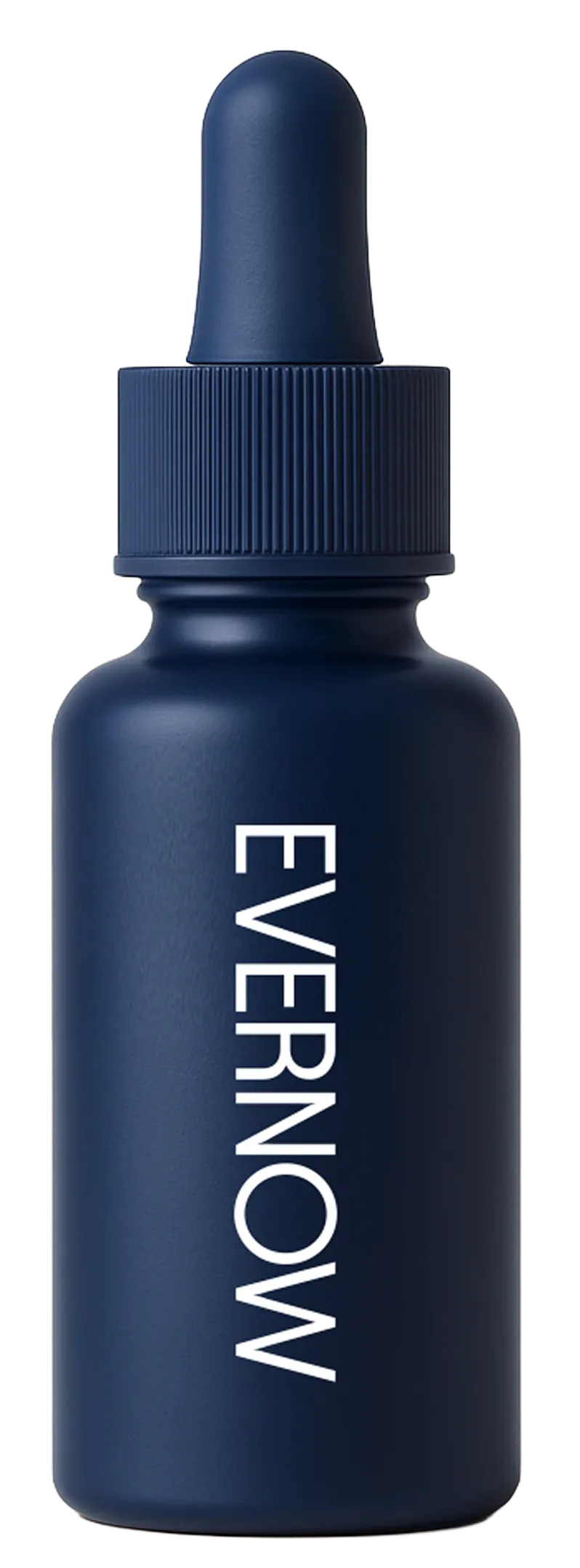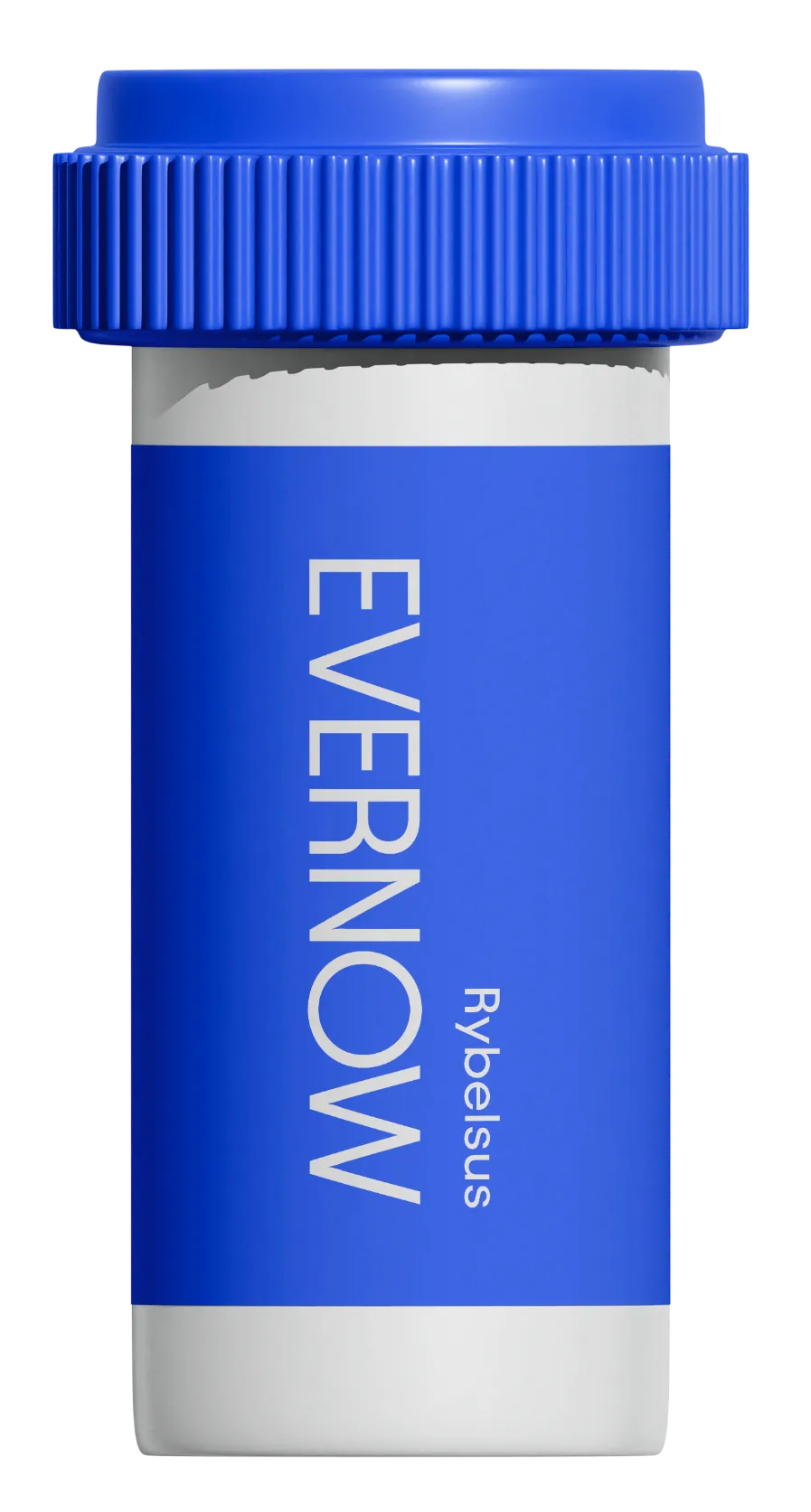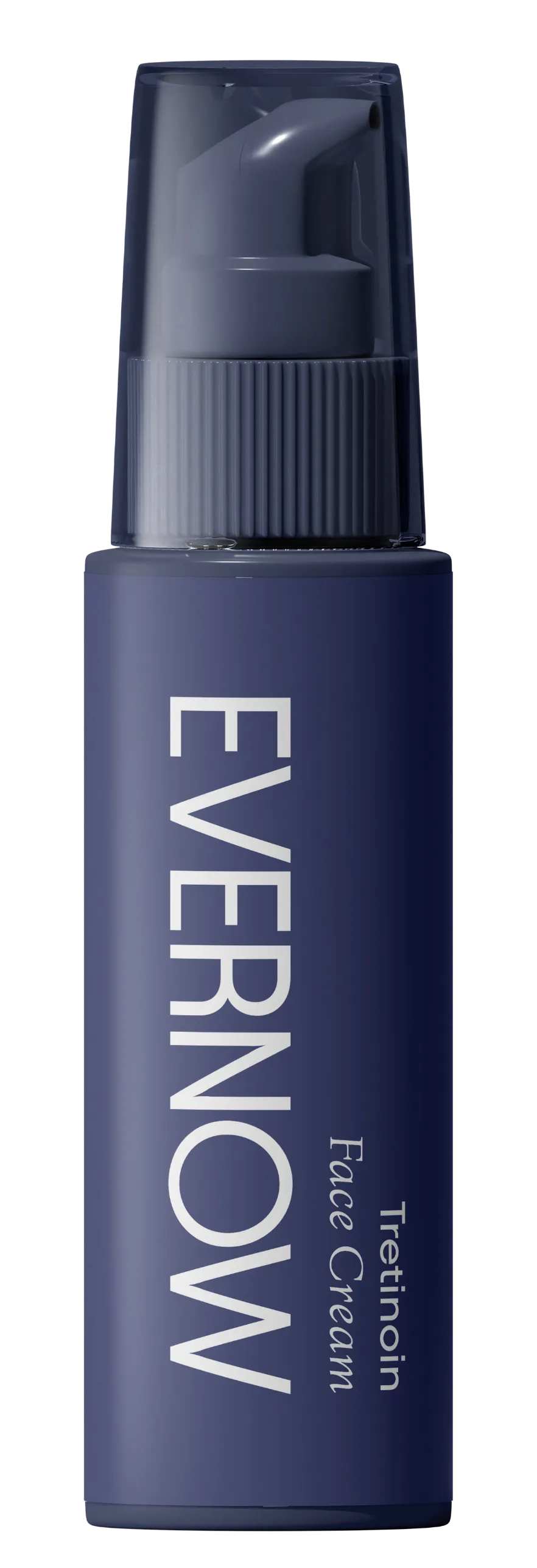Important safety information
Important safety information
ORAL MINOXIDIL MAY CAUSE SERIOUS SIDE EFFECTS THAT IMPACT THE HEART, INCLUDING PERICARDIAL EFFUSION AND TAMPONADE. WHEN TESTED ON ANIMALS, MINOXIDIL CAUSED LESIONS OF THE HEART AS WELL AS OTHER ADVERSE HEART EFFECTS
Side Effects & Risks:
Oral minoxidil has a black boxed warning for serious cardiac events.
- Minoxidil may cause pericardial effusion, the accumulation of fluid in the sac that surrounds the heart (pericardium). This may progress to tamponade and angina pectoris
- When tested on animals, minoxidil caused lesions of the heart as well as other adverse heart effects.
Oral minoxidil may also contribute the following:
- Pleural effusion, the accumulation of fluid between the layers of tissue that line the lungs and chest cavity
- Hypotension or blood pressure that is lower than normal. This may also result in lightheadedness
- Hypertrichosis, or increased hair growth on the face or body
- Lower extremity edema (fluid retention) or the swelling of the legs, ankles and/or feet
- Palpitations or tachycardia
- Headaches
- Swelling around the eyes
- Insomnia
- Nausea
If you experience any of the above side effects, contact your provider in order to cease treatment or adjust your dose.
Minoxidil may also cause changes to your EKG; tell your doctor prior to an EKG if you are taking oral minoxidil.
Contraindications:
Do not use oral minoxidil if:
- You are pregnant or breastfeeding
- You have a cardiac history of CHF, hypotension (below 90/60), pulmonary hypertension, kidney or liver disease
- You are taking blood pressure medications for hypertensions
- You have experienced dizziness or fainting that occurs upon standing after sitting or lying down
- You have experienced a sudden onset of muscularity, a deepening of the voice, enlargement of the clitoris or excessive hair growth on the face and body
- You have frontal fibrosing alopecia: If hairline is pushing back (or eyebrow hair loss or skin-colored bumps in the eyebrows, sometimes with associated eyebrow hair loss) with symptoms (itching, burning, dry skin around hair follicle, stinging, erythema)
- You have Alopecia areata
- You have Lichen planopilaris
- You have Ludwig stage II-2 and above
- You have history of pheochromocytoma, a tumor in the adrenal gland
- You have a known allergic reaction to minoxidil
Check with your physician to determine if oral minoxidil is right for you. Withholding or providing inaccurate information about your health and medical history in order to obtain treatment may result in harm, including, in some cases, death.
Drug Interactions
Oral minoxidil has certain drug interactions. It’s important to tell your provider of all the medications you are currently taking, including prescription, over the counter medications, vitamins, and herbal or dietary supplements.
Some medications to what out for include:
- Guanethidine should be discontinued before starting treatment
Seek emergency medical care if you experience any of these side effects:
- Salt and water retention
- Increased heart rate (tachycardia)
- New or worsening chest, arm or shoulder paid
- Shortness of breath
- Dizziness, lightheadedness and fainting
- Sudden changes to your vision or hearing
- Very severe heartburn or signs of indigestion
- A sudden or too large of a drop in blood pressure
This information is not comprehensive. For more information, ask your healthcare provider or pharmacist. You may report side effects to the FDA by calling 1-800-FDA-1088 or visiting www.fda.gov/medwatch. Please see the full Prescribing Information for complete safety information.
Oral minoxidil
Tackle menopausal hair loss with oral minoxidil

Reactivate dormant follicles
Reduce hair shedding
Simple once-daily dosing
How Evernow works
Two ways to access expert menopause care
From one-time video visits to ongoing membership, you have the freedom to choose the personalized care that fits your needs.

Pay-per-visit


Membership

Real results from real women
Oral Minoxidil FAQs
Oral minoxidil is a prescription medication originally used to treat high blood pressure. It’s the same active ingredient found in topical hair growth products, but in pill form. One known side effect is increased hair growth, which is why it’s commonly used off-label to treat hair loss.
Minoxidil increases blood flow to hair follicles, helping extend the growth phase, shorten the rest phase, and support thicker, healthier hair growth.
Oral minoxidil may be a good option if you’re experiencing hair thinning and prefer a pill over topical treatments. It’s commonly used for midlife hair loss, including in perimenopausal women. There are some important safety risks that you should consider with your clinician. Your Evernow provider will help determine if it’s right for your needs.
Most people see early signs of regrowth within 3–6 months. Full results may take up to a year, depending on your hair cycle and consistency of use.
Common side effects include increased body hair (hypertrichosis), swelling in the legs or feet, headaches, or dizziness. Don’t use minoxidil if pregnant or trying to conceive. Always check with your provider about risks and symptoms.
Off-label use means a drug is prescribed for a purpose not formally approved by the FDA. It’s a common, legal practice when providers believe the medication is safe and appropriate based on your individual health needs.










